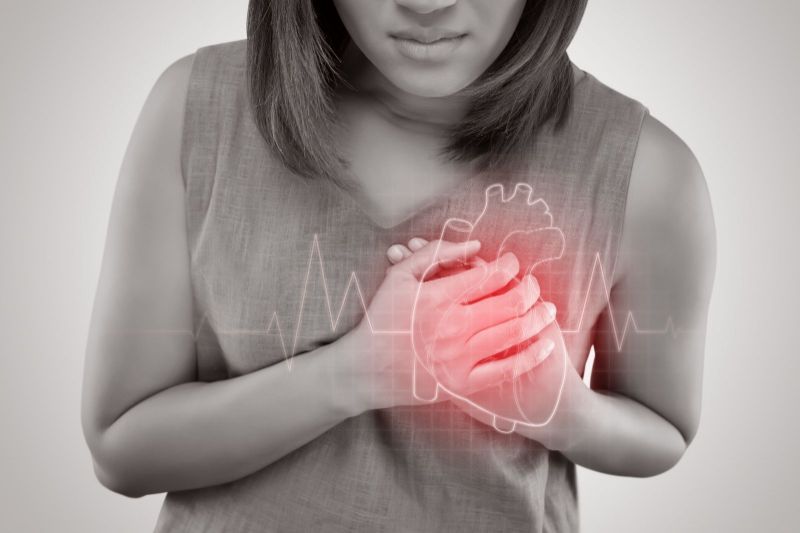Heart Disease and Stroke are two of the significant causes of death in the United States. Heart disease is the leading cause of death in people under 75, with stroke making up a third. These diseases have many contributing factors, but risk factors that can be acted on and reduced are smoking, high blood pressure, high cholesterol levels, and obesity.
Heart disease is more prevalent than cancer, diabetes, and HIV combined. And heart disease is quickly becoming one of the leading causes of death worldwide. However, preventative measures aid in preventing these diseases, and some warning signs are that you may need emergency treatment for your heart or lungs.
These preventative measures include:
- Eating a healthy diet.
Healthy eating involves foods high in vitamins, minerals, and potassium. Fruits and vegetables are typically high in these nutrients and should be included in your daily diet to prevent heart disease or stroke. Ensuring your body's nutritional needs are met can help prevent heart disease and stroke and help with weight loss.
- Maintaining a healthy weight.
Excess body weight can cause many health problems, including heart disease, stroke, and diabetes. To maintain a healthy weight, ensure you eat a balanced diet and exercise regularly. This may also aid in preventing some of the warning signs of heart disease or stroke from occurring in the future.
- Being physically active
Exercising regularly, such as walking for thirty minutes at a time every day, can help prevent most heart disease and stroke by reducing your risk of developing these conditions naturally by lowering high blood pressure and cholesterol levels in the body that increase your risk for these conditions.
Exercise helps maintain healthy body weight, strengthens the heart muscle, and improves circulation, all of which contribute to heart disease or stroke.
- Giving up smoking.
Smoking is dangerous because it causes your blood vessels to harden and can affect the amount of oxygen the heart muscle receives. Quitting smoking can decrease your risk of heart disease, stroke, and other health problems.
- Having regular doctor's appointments.
Regular checkups are vital because they can detect heart disease or stroke early when symptoms and treatment options are more effective. Preventative measures for heart disease and stroke include both the physical and behavioral aspects of living a healthy lifestyle, including maintaining a healthy weight, exercising regularly, eating healthy foods, and giving up smoking.
- Don't drink alcohol excessively.
Drinking excessive amounts of alcohol can also cause your arteries to constrict. These constrictions can lead to heart damage and, eventually, heart disease or stroke. Therefore, don't drink excessively and consume only in moderation.
- Try to keep stress levels low.
Stress can cause additional pressure on your heart and reduce blood flow. Your doctor may recommend a stress management technique such as yoga or meditation.
If you have high blood pressure, high cholesterol, high triglycerides, or diabetes, talk with your doctor about preventive measures you can take to lower your risk of getting heart disease or having a stroke.
- If you have heart disease or a stroke, get medical help immediately.
If you have a heart attack, it can be fatal or not fatal if you receive prompt treatment. And if you are suffering from pneumonia, follow your doctor's advice about when and how to go to the hospital for intravenous antibiotics.
- Know the warning signs of heart attack and stroke.
Heart attack or stroke symptoms include chest pain, choking or difficulty swallowing, dizziness, lightheadedness, fainting, numb arms or legs, weakness in one side of your body, and more if you have these symptoms.
In conclusion, Heart Disease and Stroke can be prevented by following considerable measures. The main thing to do is NOT to smoke and eat a healthy diet instead of fast food. And be in good shape. Following the preventative measures makes you less likely to get heart disease and stroke.

